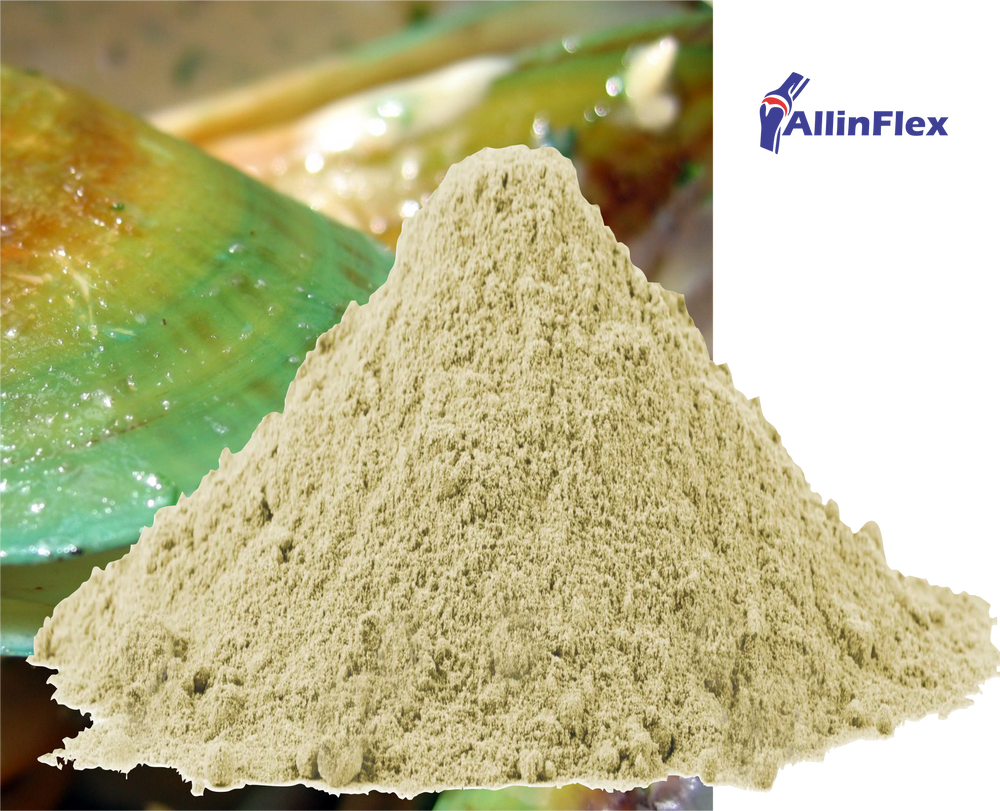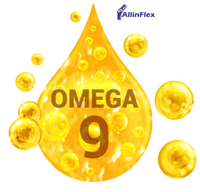The difference between Omega 3 and Omega 6.
Saskia OstermeierOmega-3 and Omega-6 fatty acids are both types of polyunsaturated fats, and they play crucial roles in the dog's body's overall health.
However, they differ in their effects and functions, often requiring a delicate balance for optimal well-being. Here's a breakdown of the key differences between Omega-3 and Omega-6 fatty acids:
The primary difference between Omega-3 and Omega-6 fatty acids lies in their chemical structure.
Both are essential fatty acids, meaning that the dog's body cannot synthesize them on its own and must obtain them from the diet.
The difference is in the position of the first double bond from the methyl (CH3) end of the carbon chain. Omega-3 fatty acids have their first double bond three carbon atoms away from the methyl end, while Omega-6 fatty acids have it six carbon atoms away.
Omega-3 and Omega-6 fatty acids have different effects on the dog's body due to their distinct roles in various physiological processes.
Omega-3s are well-known for their anti-inflammatory properties. They have been linked to numerous health benefits, including cardiovascular health, cognitive function, joint health, and reduced inflammation throughout the canine's body.
The primary Omega-3 fatty acids include alpha-linolenic acid (ALA), eicosapentaenoic acid (EPA), and docosahexaenoic acid (DHA).
While Omega-6s are also essential for the dog's body, they tend to have pro-inflammatory effects. Inflammation is a natural response to injury or infection, but excessive or chronic inflammation can contribute to various health issues.
Omega-6 fatty acids play a role in cell growth, immune function, and the production of inflammatory molecules.
Both Omega-3 and Omega-6 fatty acids are found in various foods, but the ratios can vary widely depending on dietary choices.
Maintaining a balanced ratio of Omega-3 to Omega-6 fatty acids is crucial for canine's optimal health. While both types of fatty acids are essential, excessive consumption of Omega-6s relative to Omega-3s can promote inflammation and contribute to various chronic conditions.
In a world where dietary Omega-3 and Omega-6 imbalances are commonplace, the green-lipped mussel dog powder stands as a natural remedy.
Its balanced nutritional profile, captured within its powder form, holds the potential to enhance your dog's vitality.
Packed with additional nutrients like Glycosaminoglycans (GAGs), Chondroitin Sulphates, vitamins, minerals, and enzymes, green-lipped mussel powder serves as a comprehensive resource for well-rounded dog health.



